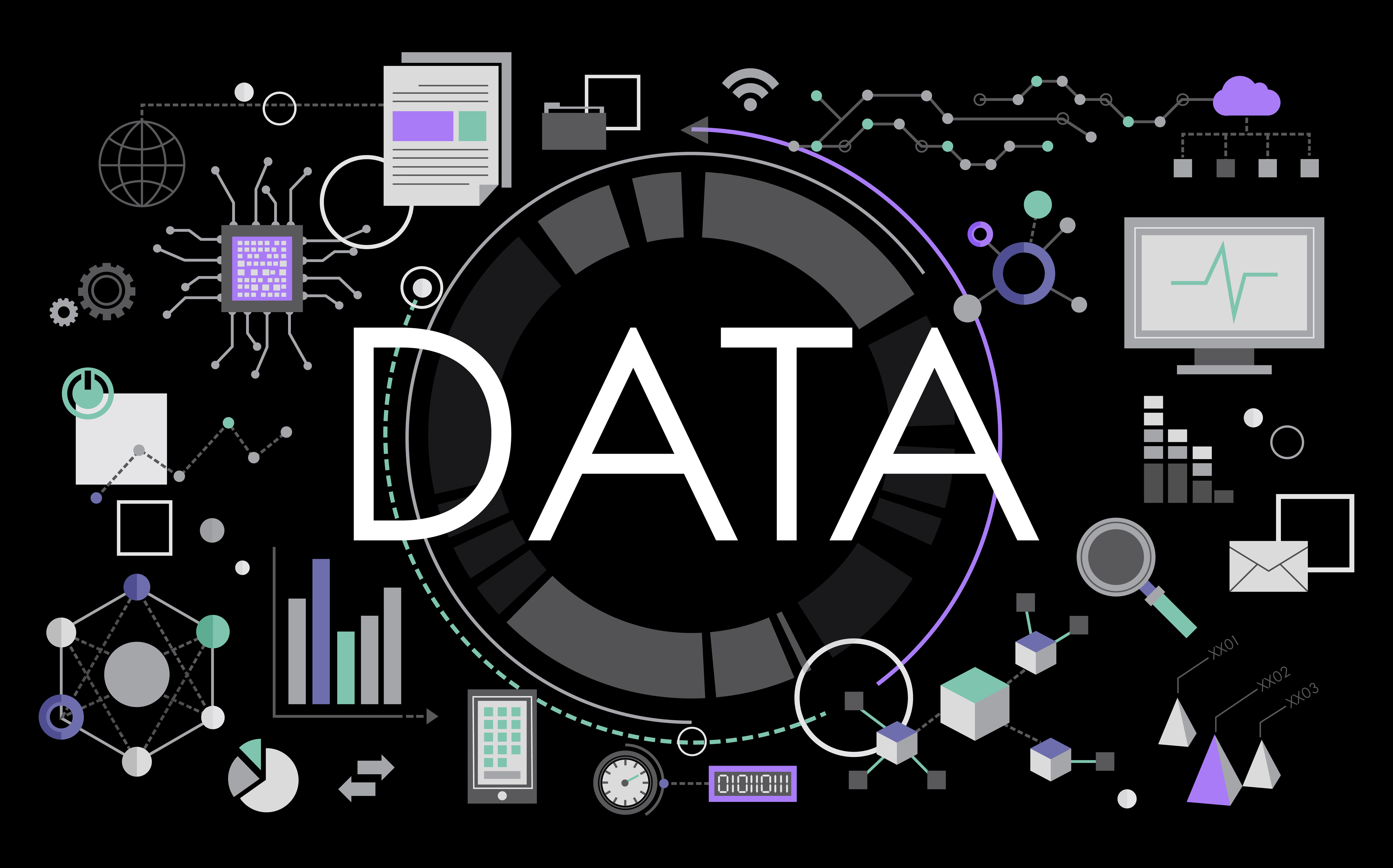Introduction:
We have witnessed the pivotal role that data plays in shaping business strategies and driving success in the digital age. Data modernization is a critical initiative that empowers organizations to unlock the true potential of their data assets. In this article, we will explore the significance of data modernization and highlight the business value it brings to companies.
Understanding Data Modernization:
Data modernization is the process of transforming and optimizing data management strategies, technologies, and infrastructure to meet the evolving needs of the digital era. It involves migrating, consolidating, and integrating data from various sources into a centralized, scalable, and future-ready data platform. Data modernization encompasses data governance, data integration, data quality, and analytics capabilities to enable organizations to harness the power of data effectively.
Improved Decision-Making and Insights:
Data modernization enables organizations to make informed and data-driven decisions. By consolidating and integrating data from disparate sources into a unified data platform, businesses gain a holistic view of their operations, customers, and market dynamics. Advanced analytics and reporting tools can then extract valuable insights, uncover patterns, and identify trends, empowering organizations to make strategic decisions with confidence.
Enhanced Customer Experience:
In the era of hyper-personalization, data modernization plays a crucial role in delivering exceptional customer experiences. By capturing and analyzing customer data across multiple touchpoints, organizations can gain a deep understanding of individual preferences, behaviors, and needs. This enables targeted marketing campaigns, personalized product recommendations, and tailored customer interactions, fostering customer loyalty and satisfaction.
Operational Efficiency and Agility:
Data modernization eliminates data silos and enhances data integration across the organization. By establishing a single source of truth, organizations can streamline operations, improve process efficiencies, and accelerate time-to-market. Real-time data availability and advanced analytics capabilities enable organizations to respond quickly to market changes, optimize workflows, and drive operational agility.
Cost Savings and Resource Optimization:
Legacy data systems can be costly to maintain and lack scalability. Data modernization allows organizations to leverage cloud-based data platforms that offer cost-effective and scalable solutions. By migrating to cloud-based data infrastructure, businesses can optimize resource utilization, eliminate hardware maintenance costs, and pay for the resources they consume. This results in significant cost savings and improved resource allocation.
Data Security and Compliance:
Data modernization includes robust data governance and security measures to protect sensitive information. Centralized data platforms allow organizations to enforce data access controls, encryption, and compliance with data protection regulations. By implementing strong data security measures, businesses can safeguard customer data, build trust, and avoid costly data breaches and regulatory penalties.
Business Innovation and Competitive Advantage:
Data modernization unlocks opportunities for innovation and helps organizations gain a competitive edge. By leveraging advanced analytics, machine learning, and artificial intelligence, businesses can uncover new insights, automate processes, and develop data-driven products and services. Data modernization allows organizations to rapidly experiment, innovate, and adapt to changing market dynamics.
Conclusion:
Data modernization is a transformative initiative that empowers organizations to harness the full potential of their data assets. By modernizing data management strategies and infrastructure, businesses can unlock valuable insights, enhance customer experiences, drive operational efficiency, and achieve a competitive advantage. Moreover, data modernization enables organizations to innovate, optimize costs, ensure data security, and stay ahead in the dynamic digital landscape. As an Information System Architect, I encourage organizations to embrace data modernization as a key enabler of business success in the data-driven era.



